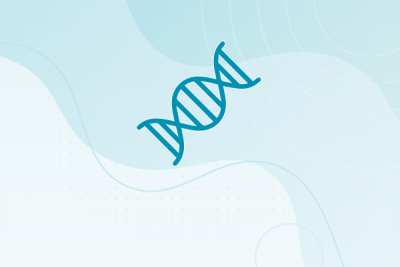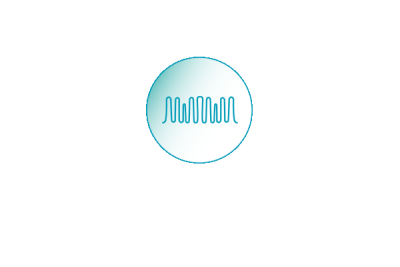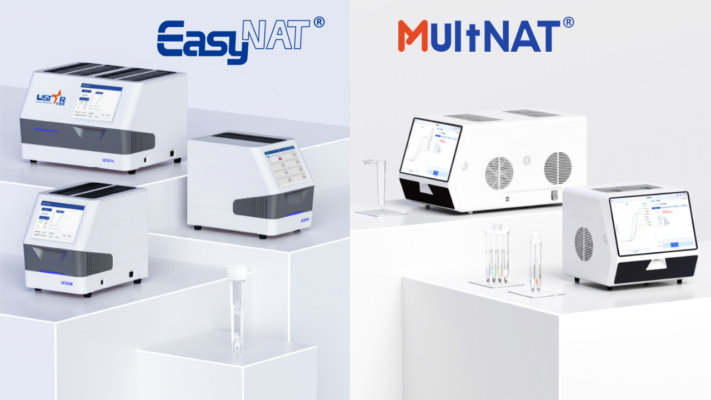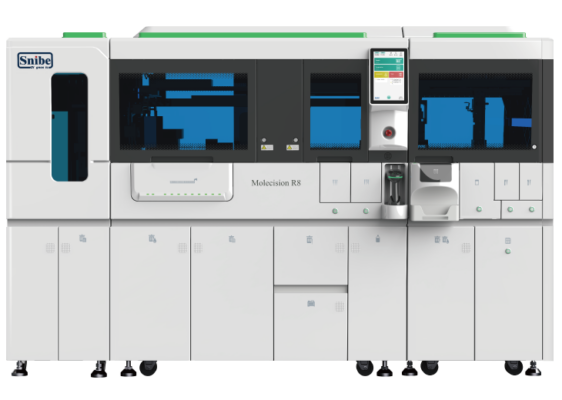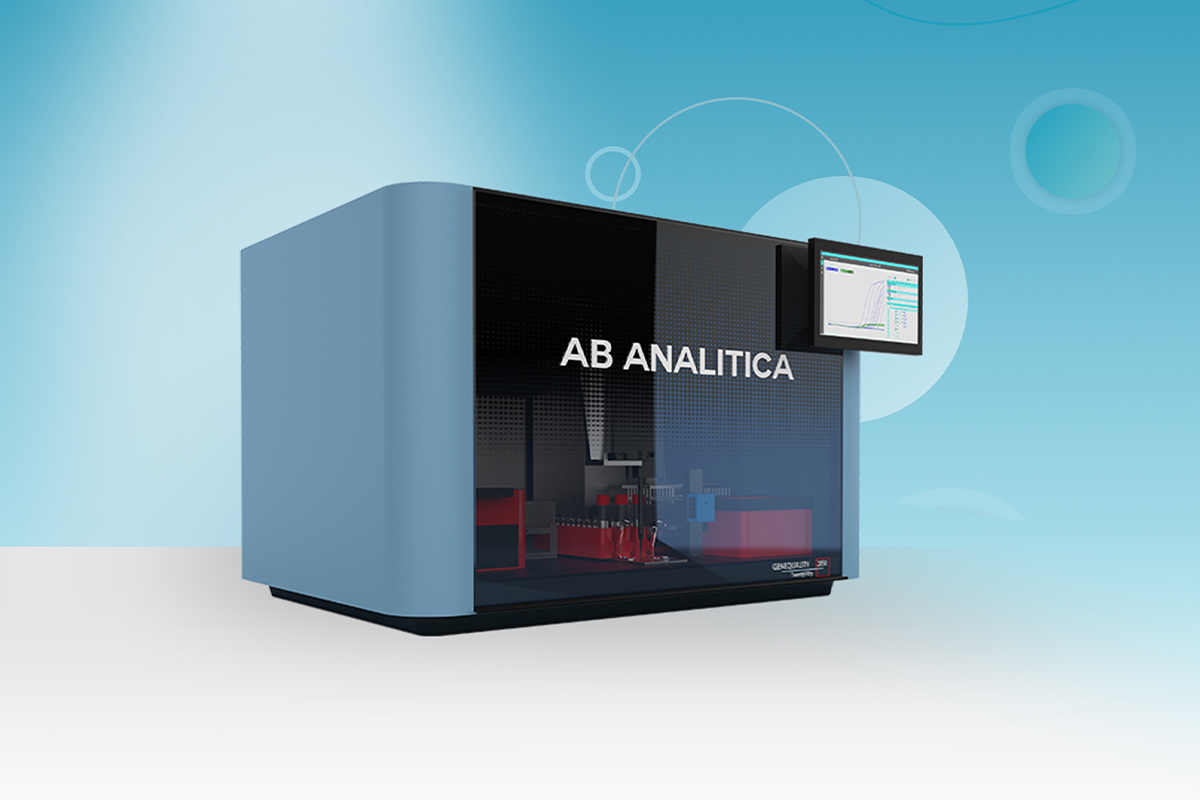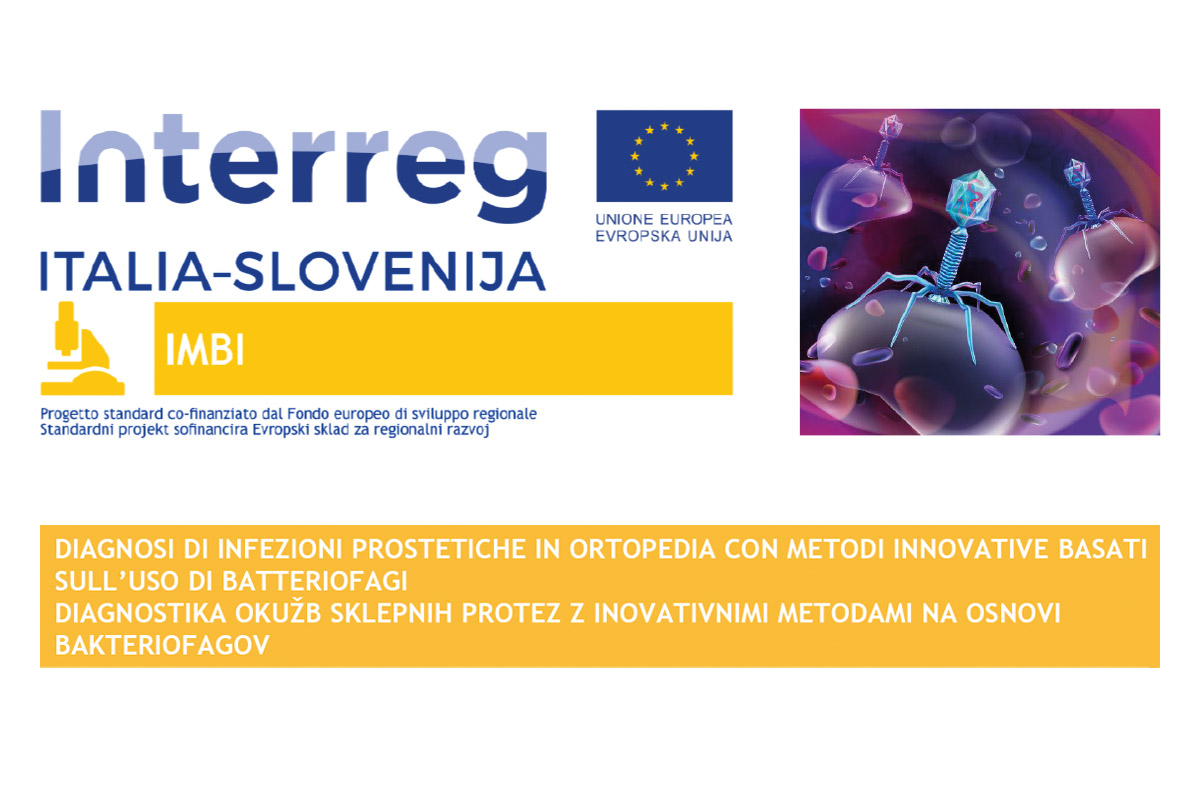AB ANALITICA partners in DECIDER project to improve diagnostics and treatment of ovarian cancer with the help of AI – 15 million euros in funding from the EU
The goal of the 5-year research project is to discover novel diagnostic tools and effective drug combinations based on data from high-grade serous ovarian cancer patients. Partners in this international and multidisciplinary project come from 14 organisations in seven EU countries.
The European Union has funded a project to improve personalized treatments for ovarian cancer with nearly 15 million euros for five years. The international DECIDER project has partners from 14 organizations in seven EU countries.
In Europe, over 40.000 women die of ovarian cancer every year. In addition to surgery, most patients are treated with platinum-based chemotherapy. Unfortunately, the effect of the chemotherapy often decreases during the treatment cycles, and currently there are few effective treatments to those patients who develop resistance to platinum-based drugs.
The project starts in February and will develop diagnostic tools to identify earlier and more reliably patients whose cancer is not responding to the current treatments. The research also aims to discover effective combination treatments based on the data measured from the tumours.
“Cancer is one of the leading causes of mortality in the world and as the population ages, the incidence of cancers will only increase. Any new tools that enable better and more targeted treatment of cancers in the future will not only decrease the amount of human suffering, but also the burden on healthcare,” says Sampsa Hautaniemi, a professor at the University of Helsinki and coordinator of the DECIDER project.
Artificial intelligence to integrate and visualise patient information for doctors
In the project, a patient’s response to treatments is predicted using methods, which use, among others, histopathological and genomic data from the patient. Genomic changes and aberrations in gene functions are used to find effective, personalized treatments.
“We will develop an open source program, which will integrate and visualize all relevant data from a patient. Using this information, doctors can more easily identify effective drugs for their patient,” says Hautaniemi, whose research group works in the project on method development as well as analysis, integration and interpretation of the data measured from the tumours.
An important part of the project is collaboration with SMEs in developing, producing and registering diagnostic kits, producing a drug-sensitivity test based on the tumour tissue samples, developing image based diagnostics of digital samples, and developing data pseudonymisation and anonymisation techniques necessary for the management of sensitive patient data for privacy risk protection.
AB ANALITICA, as a developer and manufacturer of IVD (In Vitro Diagnostics) devices compliant with the applicable regulations, consisting of reagent kits for performing nucleic acid molecular testing assays and related equipment and software, is involved in the development and subsequent production and marketing of diagnostic kits for performing the drug-sensitivity tests.
Legal researchers address ethical and legal concerns
In addition to medical research, the project also includes a legal work package that addresses the ethical and legal concerns that may arise in the project. Furthermore, the legal researchers will also study whether there are inconsistencies between the pharmaceutical regulatory system and other relevant legislation.
“Our aim is to overcome legal challenges that impede or slow down the provision of new treatments for chemotherapy resistance in high-grade serous ovarian cancer patients. We want to facilitate the commercialisation and availability of personalized therapies in an ethically and legally sustainable manner,” says Professor Päivi Korpisaari.
DECIDER partners and persons in charge of the research
DECIDER (Clinical Decision via Integrating Multiple Data Levels to Overcome Chemotherapy Resistance in High-Grade Serous Ovarian Cancer) partners and persons in charge of the research:
University of Helsinki, Finland (Sampsa Hautaniemi, Olli Carpén, Päivi Korpisaari)
Hospital District of Southwest Finland (Johanna Hynninen)
HUS Helsinki University Hospital, Finland (Anni Virtanen)
Karolinska Institutet, Sweden (Jussi Taipale)
Danish Cancer Society, Denmark (Tuula Kallunki)
Heidelberg University Hospital, Germany (Julio Saez-Rodriguez)
Institut Pasteur, France (Benno Schwikowski)
University of Modena and Reggio Emilia, Italy (Elisa Ficarra)
Insitute for Research in Biomedicine, Spain (Fran Supek)
Barcelona Supercomputing Center, Spain (Salvador Capella)
Aiforia Technologies Oy, Finland (Kaisa Helminen)
VEIL.AI Ltd, Finland (Tuomo Pentikäinen)
2cureX A/S, Denmark (Ole Thastrup)
AB ANALITICA SRL (Diego Boscarino)
In advisory role representing cancer patients viewpoint: Cancer Society of Finland and Association of Cancer Patients in Finland.
The project has been funded by European Union’s Horizon 2020 research and innovation programme under grant agreement No 965193.
Further information from:
Sampsa Hautaniemi, professor, University of Helsinki
Phone. +358 50 448 63 20
Email: sampsa.hautaniemi@helsinki.fi
Read more about the project from the DECIDER website.
Project Twitter account: @deciderproject


